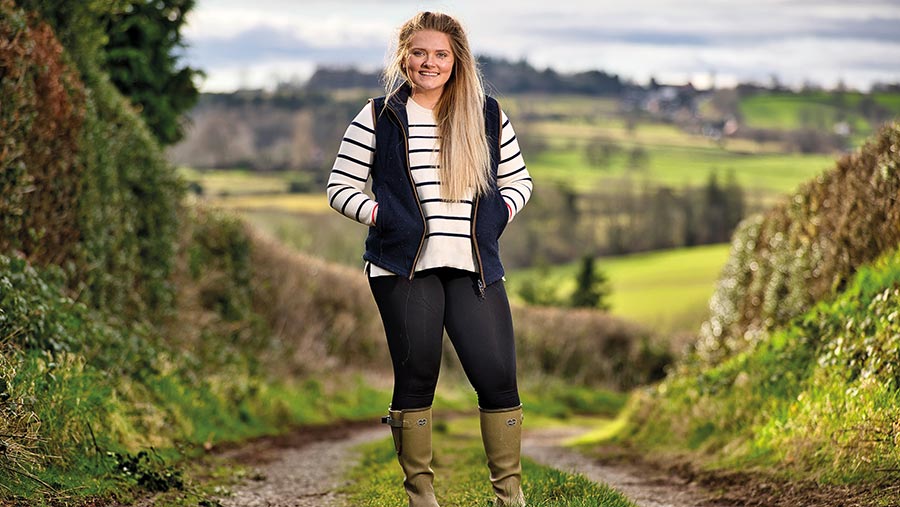Lucy Nott: It’s inspiring to show kids the farm
 Lucy Nott © Richard Stanton
Lucy Nott © Richard Stanton We’ve had 75 schoolchildren on our farm this month.
Not all at once – we’re not that mad – but over three visits as part of our Countryside Stewardship (CS) scheme.
Anyone in Mid Tier or Higher Tier CS can add ED1 Educational Access to their application. However, it can’t be your only option, as it has to be part of a biodiversity enhancing scheme.
See also: Lucy Nott – don’t dub me a farmer’s wife
We chose to add ED1 because, as a family, we have a huge interest in helping people understand how their food is produced. That, and a maximum of 25 visits at £309 a visit wasn’t a bad incentive either.
As long as the pupils are under 18, you can source schools from anywhere. However, to start we chose to work with the Country Trust, a charity that works to bring alive the countryside to those children least able to access it.
It works with establishments where more than 25% of pupils receive free school meals, and has a network of them looking for farm visits. The charity pairs us with schools and provides staff support on the days of the visits.
I cannot articulate enough how amazing it has been to work with these schools. Many of the children have never been on a motorway before, let alone in a field.
It’s a joy to watch the pure delight as they walk through shoulder-height barley, squelch their wellies through mud for the first time and dig holes for worms.
The content of the farm tour doesn’t have to be complicated, either. The basics of growing, the food products the crops create, and a little bit about nature and biodiversity is enough.
Lunchtime can be sobering, when you come face-to-face with the reality of empty rucksacks and lunchboxes. But it has lit a fire in us to continue to open our farm gates to disadvantaged youngsters and share with them the simple delights of the countryside.
Like everyone, we get lost in the day-to-day running of the farm, but having the children visit has been grounding and given us a renewed love for the land.
As a well-known credit card might put it: One school visit? £309. The feel-good factor? Priceless.

